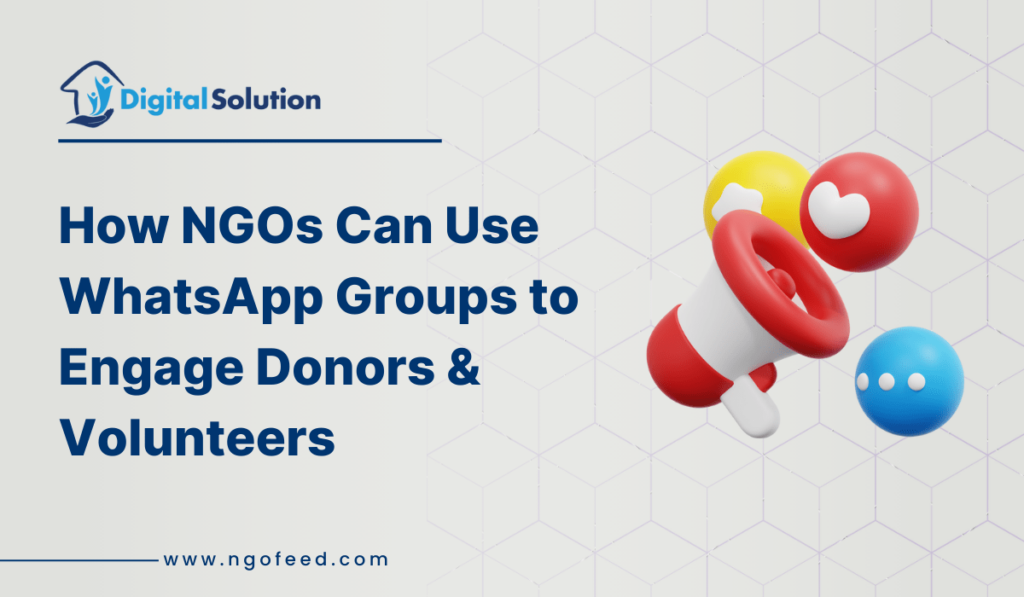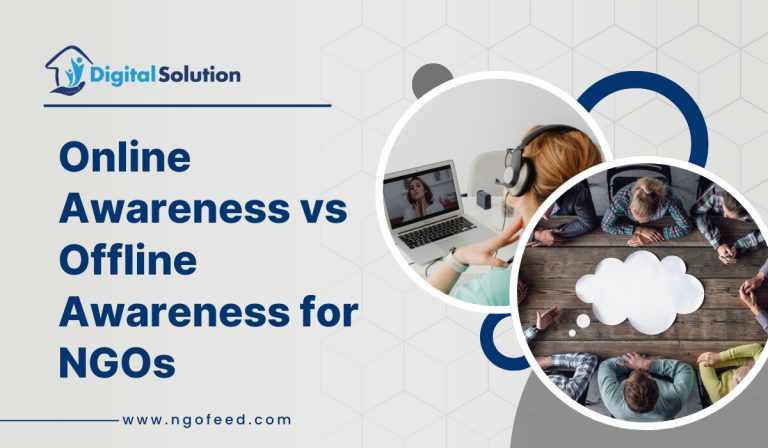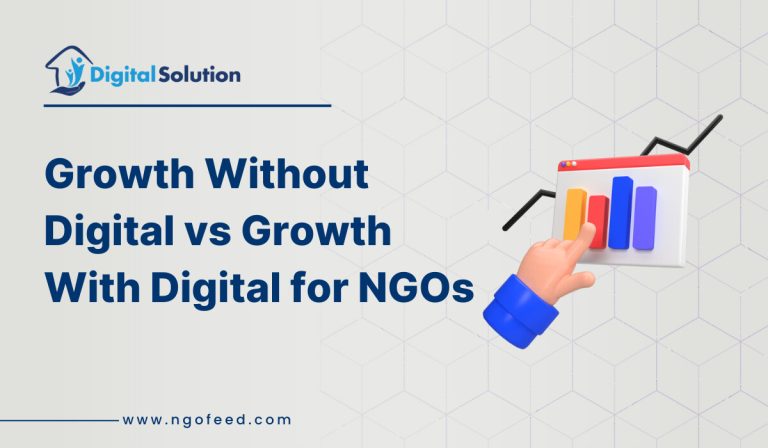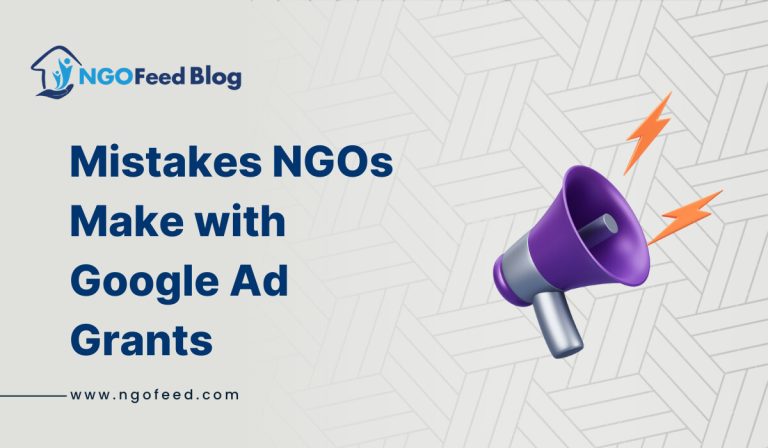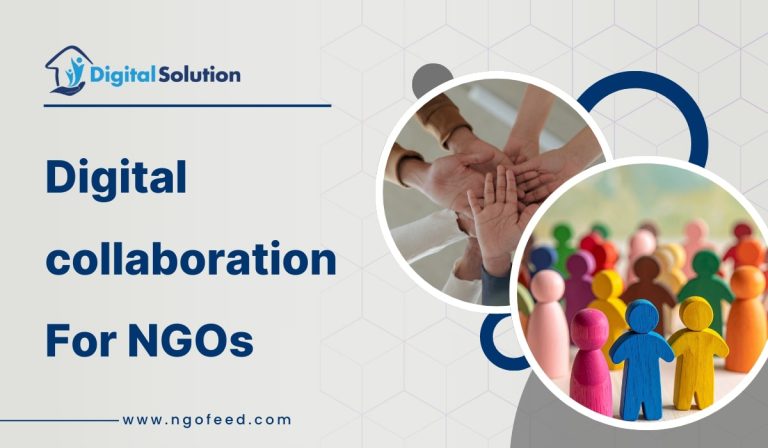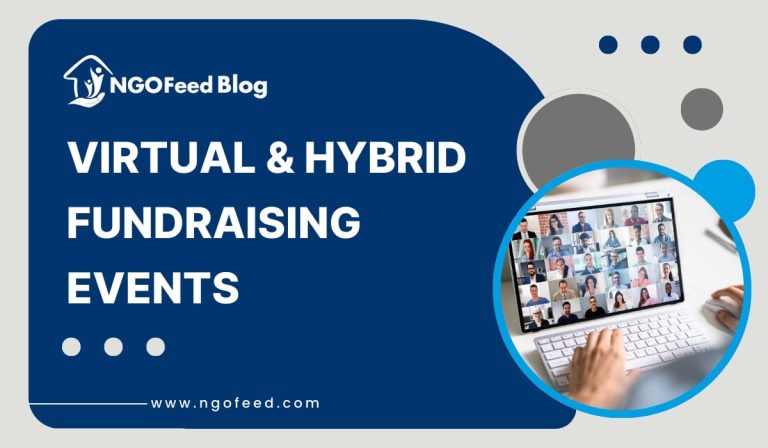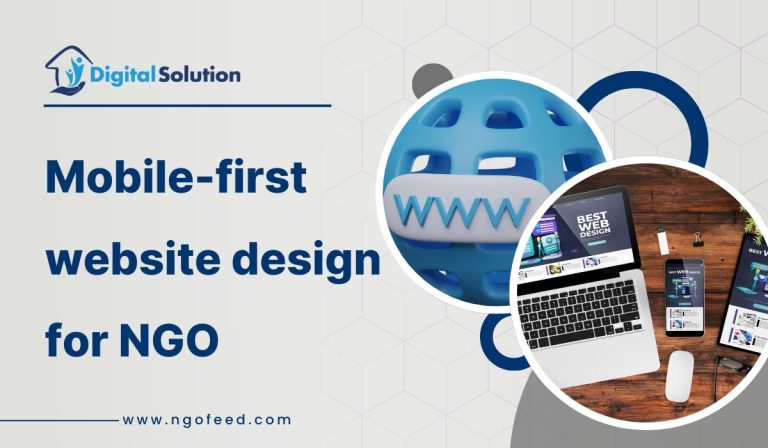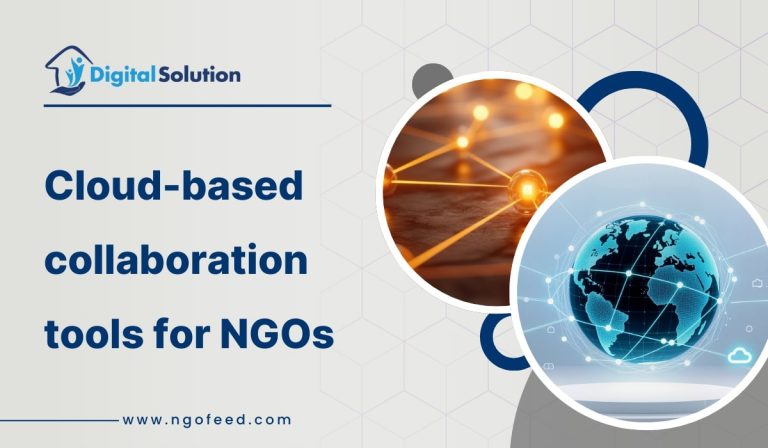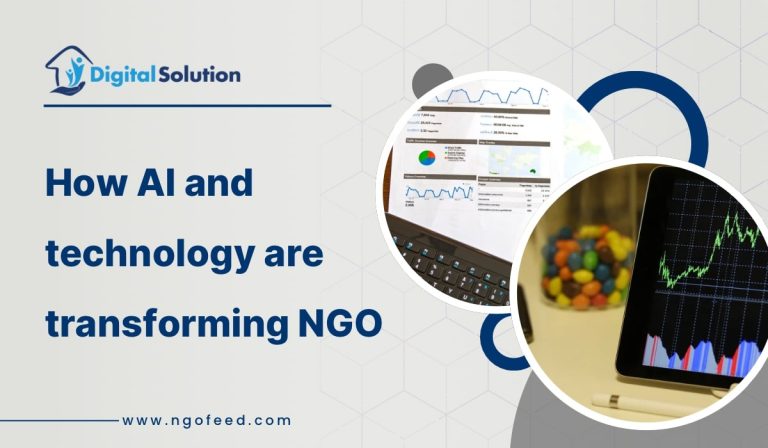How NGOs Can Use WhatsApp Groups to Engage Donors Volunteers: Our digital age requires NGOs to develop creative methods for reaching donors and acquiring volunteers. One of the most popular messaging applications, WhatsApp, serves as a significant tool for nonprofits to strengthen their supporter interactions. WhatsApp’s features allow NGOs to develop robust interactive communities through the use of group messages, broadcast messaging, and image-sharing capabilities.
WhatsApp group messaging provides NGOs with a rapid update communication platform that lets them distribute current information alongside success reports and important situations. These organizations enhance donor participation by creating mobile volunteer teams and showing network-wide donation effects and they support planning funds across all programs while building persistence among stakeholders. WhatsApp messaging stands apart from email messages and social media posts since users typically reply immediately which leads to better involvement.
Successful NGO in India communication depends on the establishment of well-designed groups along with explicit guidelines and structured valuable content dissemination. Nonprofits can leverage this platform as a storytelling tool and utilize it for impact stories while conducting Q&As and arranging interactive live discussions. Donors together with volunteers remain loyal to NGOs when organizations engage with them personally and promptly thus building strong bonds.
Also Read: How to Use Social Media to Recruit Volunteers
When NGOs implement WhatsApp as a strategic platform, they can improve communications while maintaining donor loyalty through the formation of engaged supporter networks that actively participate in their mission. The following document investigates applicable strategies for NGO outreach effectiveness through WhatsApp groups to create impactful results.
Table of Contents
Why WhatsApp Groups Are Essential for NGOs
NGO supporters have fast and direct access to their organization through WhatsApp groups in today’s instant communication era. The quickness with which WhatsApp users read messages creates a prompt response dynamic due to brief waiting times between messages.
Importance of Direct and Instant Communication
- Non-government organizations can immediately send notifications about their active projects and fundraising drives together with emergency relief activities to all their supporters.
- Direct messaging enables smooth coordination by improving the organization of events together with volunteer activities and donation drives.
- Through the options of one-on-one and group messaging on WhatsApp NGOs become able to establish stronger personal ties with their funding community.
- The expense of messaging using WhatsApp remains minimal which allows organizations to spread their message worldwide at no substantial cost.
Also Read: Top 10 Fundraising Ideas for NGO in India
Benefits of Engaging Donors and Volunteers Effectively
- Organizations improve their credibility through frequent updates joined with stories about project impacts and reports about their achievements which creates better relationships between donors and organizations.
- Staff members who receive direct messages through their devices participate more frequently because timing remains crucial for accomplishing their assignments in NGO activities.
- Through WhatsApp groups, supporters establish a collective identity while encouraging active involvement that produces an exchange of ideas and mutual project development.
- Emergency circumstances become manageable through WhatsApp as the platform helps NGOs rapidly gather essential volunteers and resources for immediate crisis response.
Non-government organizations that use WhatsApp groups effectively can build wider outreach networks and develop meaningful donor relations together with a dedicated support base.
Also Read: Google Ad Grants for Nonprofit
Setting Up and Managing WhatsApp Groups
Organizations must establish and direct the management of their WhatsApp group platforms.
The effective use of efficient group management strategies is crucial for NGOs to attract donors and volunteers through WhatsApp communication. A system that organizes communication prevents message confusion while making information easier to understand and improving user participation.
The organization must establish different groups that serve specific needs
- Non-governmental organizations need to establish independent WhatsApp communities that relate to their defined purposes:
- Donors who join Engagement Groups get access to important impact reports together with financial donation news and corresponding fundraising initiatives.
- Volunteer Coordination Groups function as event organizers to delegate tasks that also enable logistics transmission.
- These groups foster social education and discuss social causes through supporter activism.
- Emergency Response Groups immediately collect both volunteers and emergency response resources when crises arise.
Also Read: Crowdfunding For Nonprofit
Every group needs to establish its core purpose to achieve significant and purposeful dialogue.
Establishing Guidelines and Best Practices
NGOs should follow specific guidelines for effective communication which include:
- The organization should set distinct group objectives which help members understand its purpose.
- The organization should choose administrators who will oversee discussion management while stopping spam from entering the group.
- A posting rule system should be established to control off-target discussions alongside unwanted forwarded content and promotional messages.
- The organization must foster appropriate communication by facilitating productive respectful exchanges that include everyone positively.
- Broadcast Lists provide a tool to distribute vital notifications that avoid admitting group interactions between members.
- Continuous updates about NGO work should be standardized to maintain member engagement.
Organizations working for social change can harness WhatsApp through appropriate grouping strategies and operational excellence to build relationships with donors and activate volunteers in order to further their mission.
Engagement Strategies for Donors & Volunteers
To develop effective engagement on WhatsApp users need to form meaningful interactions that enable donors and volunteers to stay connected with the NGO’s mission. These strategies help NGOs establish engagement with their supporters:
Also Read: Engaging Gen Z in Philanthropy for Nonprofits
Organizations can advance their mission by sharing field updates while requesting donations through robust and engaging content for their WhatsApp network.
- The NGO should display authentic stories about its work accomplishments together with beneficiary stories and testimonials as a method to demonstrate achievements and encourage donor loyalty.
- NGOs should supply frequent development reports for current projects to maintain openness which strengthens trust relationships.
- The platform should utilize clear compelling action requests that direct donors to event registration or donation submission and volunteering opportunities.
Encouraging Discussions, Q&A Sessions, and Multimedia Sharing
- The group can engage in interactive discussions by posing challenging questions to generate meaningful exchanges between members who share their ideas in addition to providing feedback and discussing their experiences.
- Directly answer donor and volunteer questions by hosting live sessions about projects and both current and upcoming plans and impact objectives.
- Multimedia Sharing includes images and videos as well as infographics to create more engaging content.
NGOs who make their WhatsApp groups both informative and interactive can expect better relationships with supporters higher participation levels and a devoted supporter base.
Also Read: How LinkedIn Ads Work for NGOs
Best Practices for Maximizing Impact
Successful NGO performance through WhatsApp channels requires organizations to adopt proven practices for maintaining active and well-managed valuable groups.
Maintaining Active and Valuable Interactions
- The group stays active by posting frequent updates along with stories about the impact and sending event notifications to maintain member engagement.
- NKOs should keep their content focused on value rather than spreading numerous unimportant updates to members.
- A productive WhatsApp community grows through member involvement by asking for feedback initiating group discussions and asking questions.
- Show gratitude for donor achievements alongside volunteer work so members feel motivated to continue their support and involvement.
Organizations should employ automation systems along with specific communication tools to achieve better results.
Also Read: How to Start a Marketing Campaign for Nonprofits
- The Broadcast Lists tool enables organizations to share urgent messages without adding unnecessary clutter to overall discussion groups.
- The WhatsApp Business application allows organizations to implement automated question-response systems for efficient query handling.
- Schedule messages allow permanent updates to run automatically to achieve constant consistency with minimal human intervention.
- Organizations should integrate WhatsApp with email and CRM tools and social media platforms for unified communication processing.
Following best practices allows NGOs to increase the effects of their WhatsApp communications until donors and volunteers stay consistently updated and motivated.
Also Read: Financial Management Tips for NGOs
Frequently Asked Questions (FAQs)
Does your organization succeed in managing WhatsApp groups that serve various organizational functions?
Non-government organizations can build different WhatsApp groups aimed at donors and volunteers as well as awareness and emergency response activities to maintain structured communication.
What procedures exist to prevent the delivery of spam and nonrelative content in WhatsApp groups?
NGOs should establish clear group guidelines while selecting admins to oversee discussions and employ broadcast groups for sending essential updates.
What approach should we use to maintain donor and volunteer interest?
The group should get consistent impact stories together with updates supported by multimedia elements and should encourage both interactive questions and discussions.

